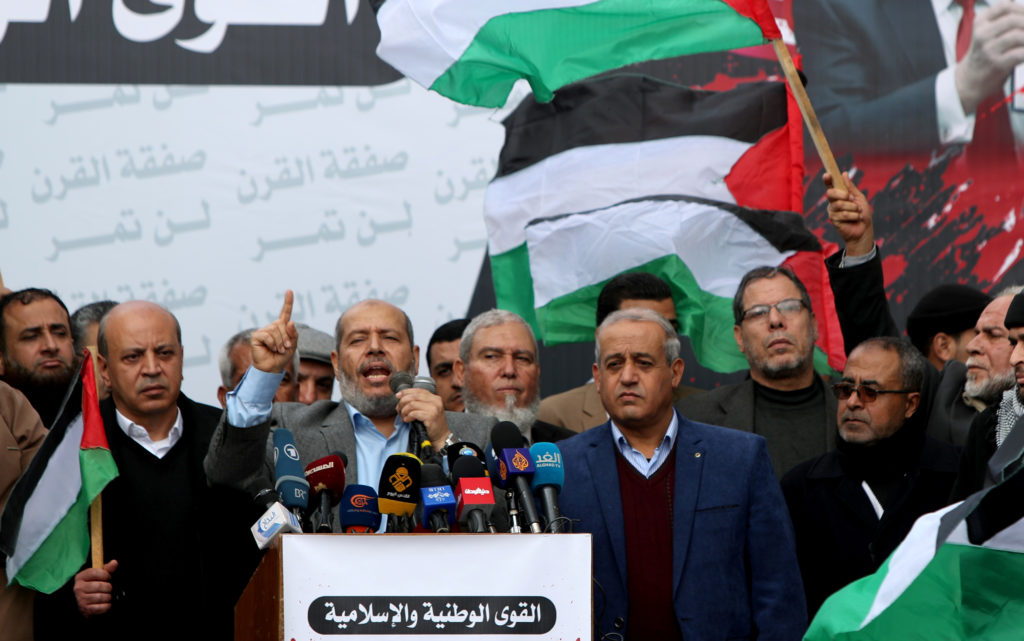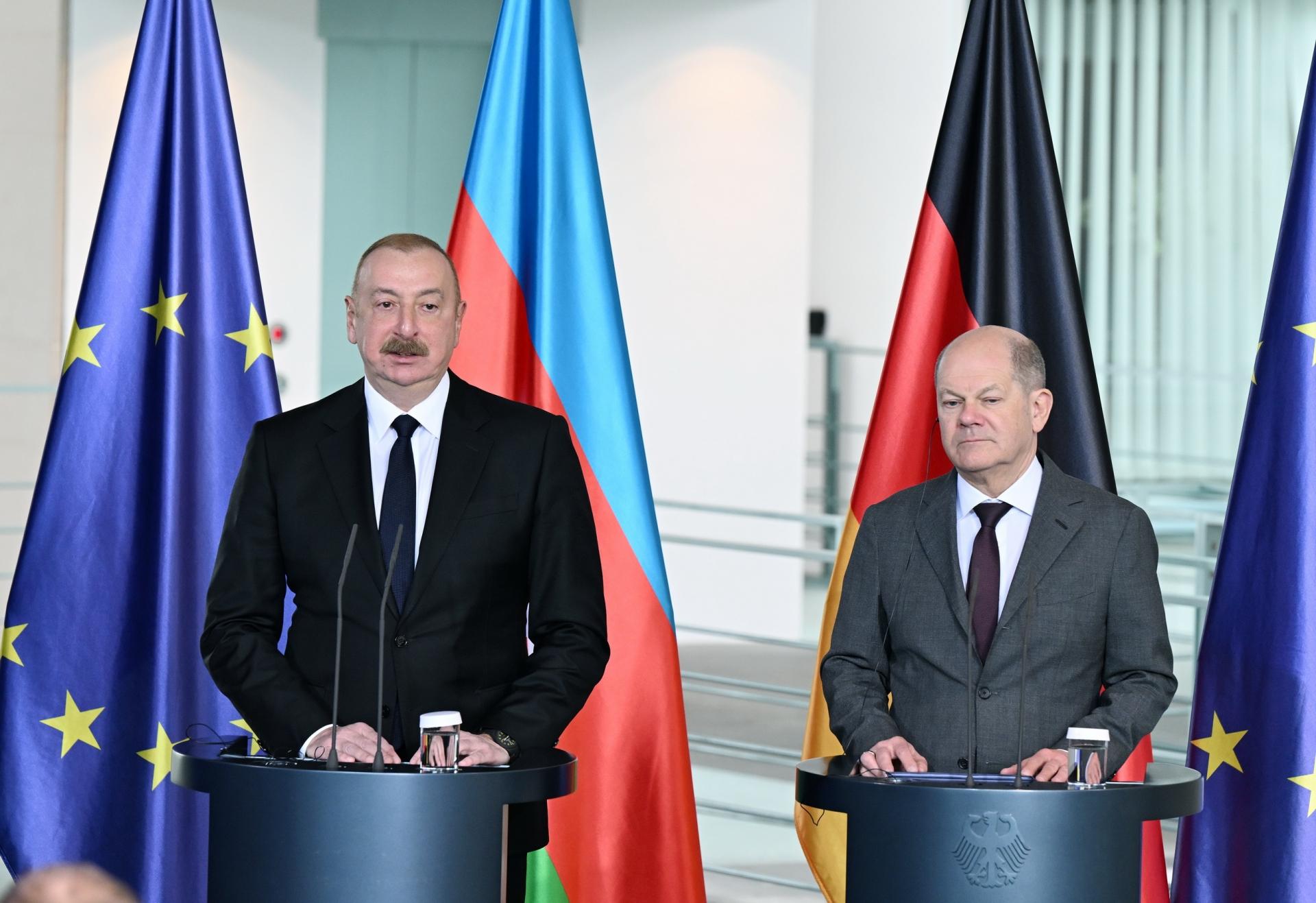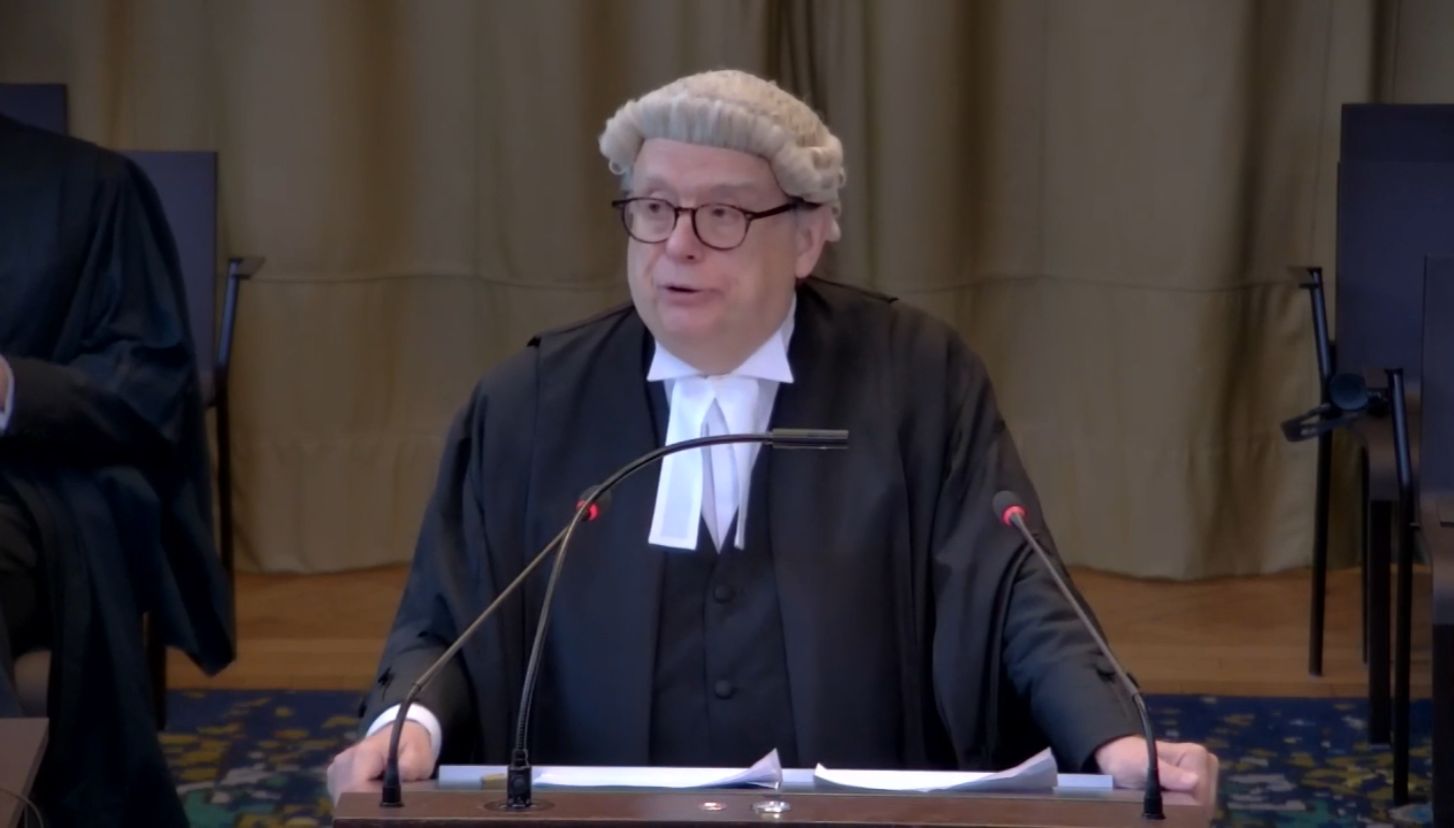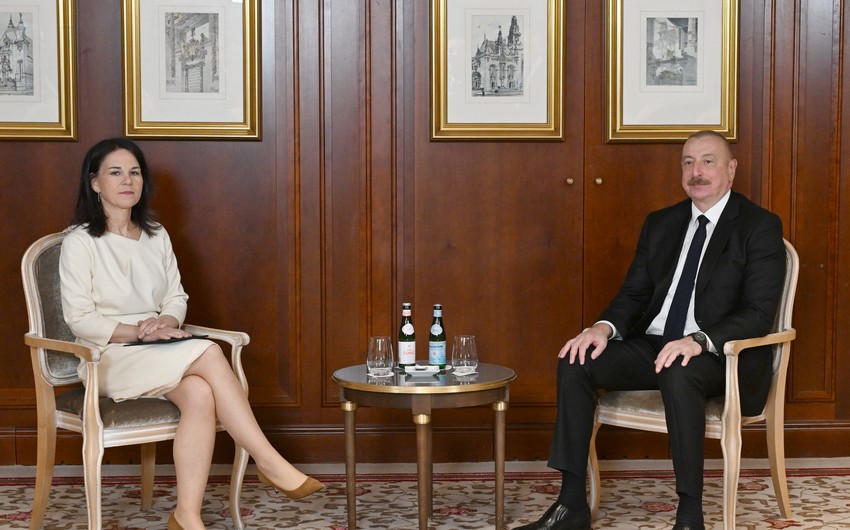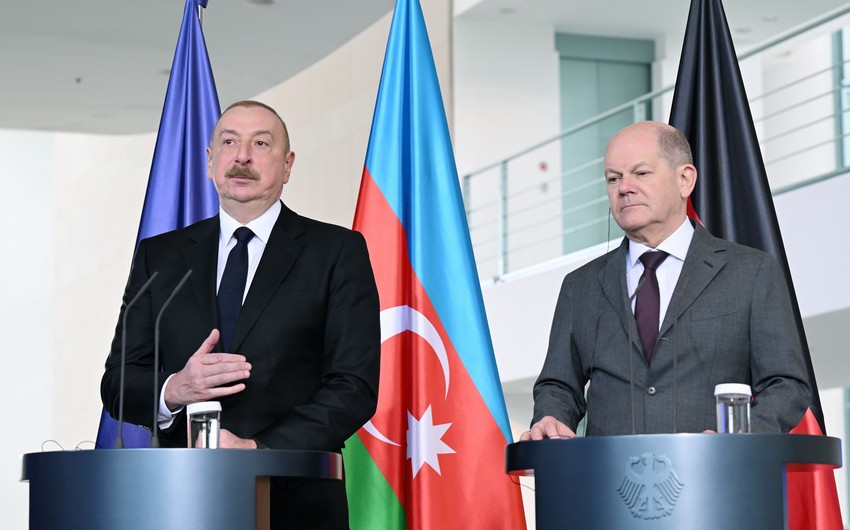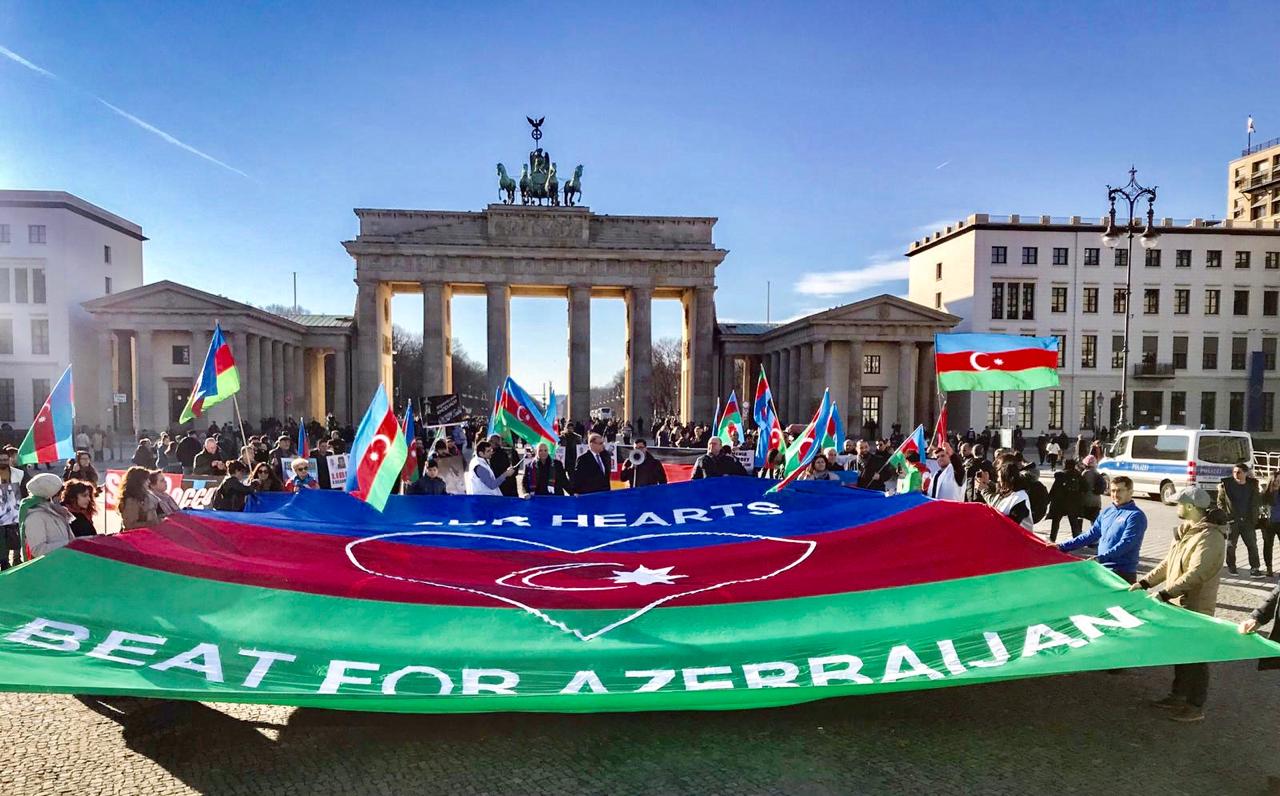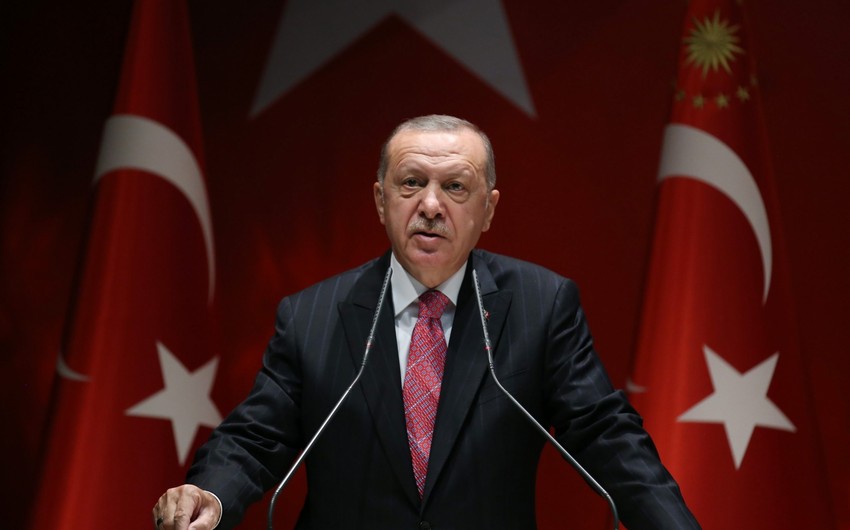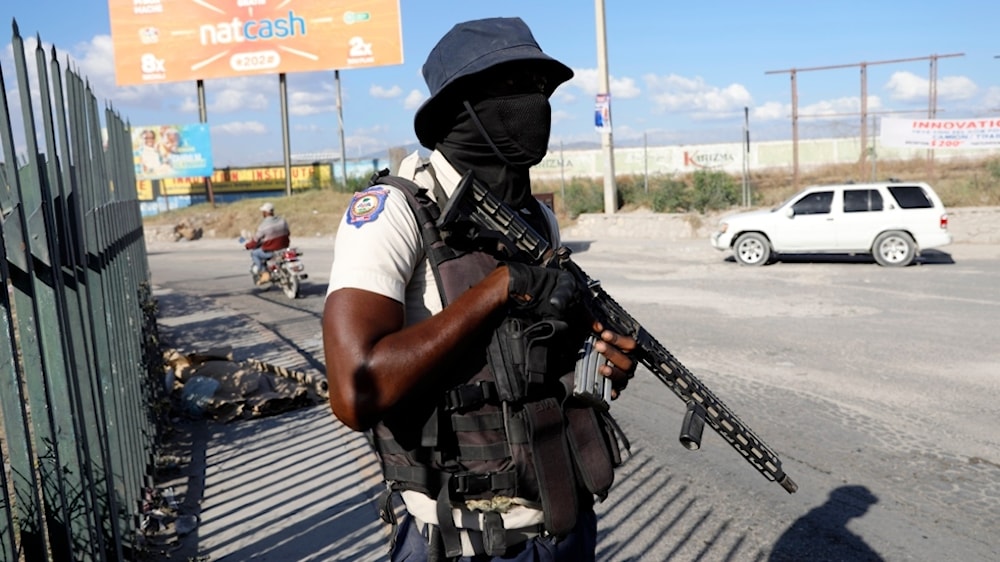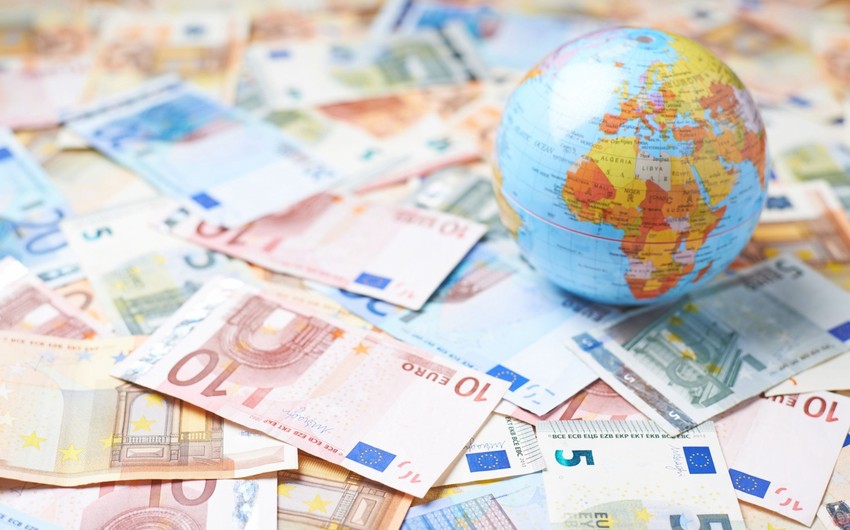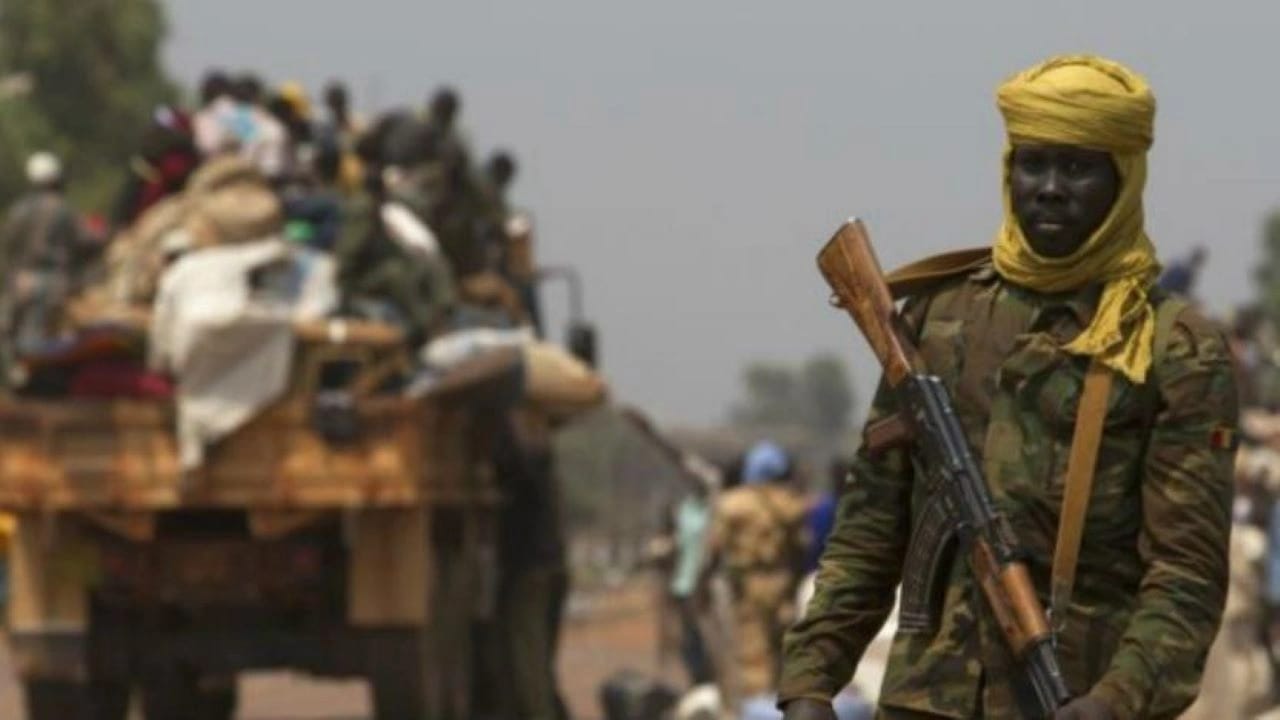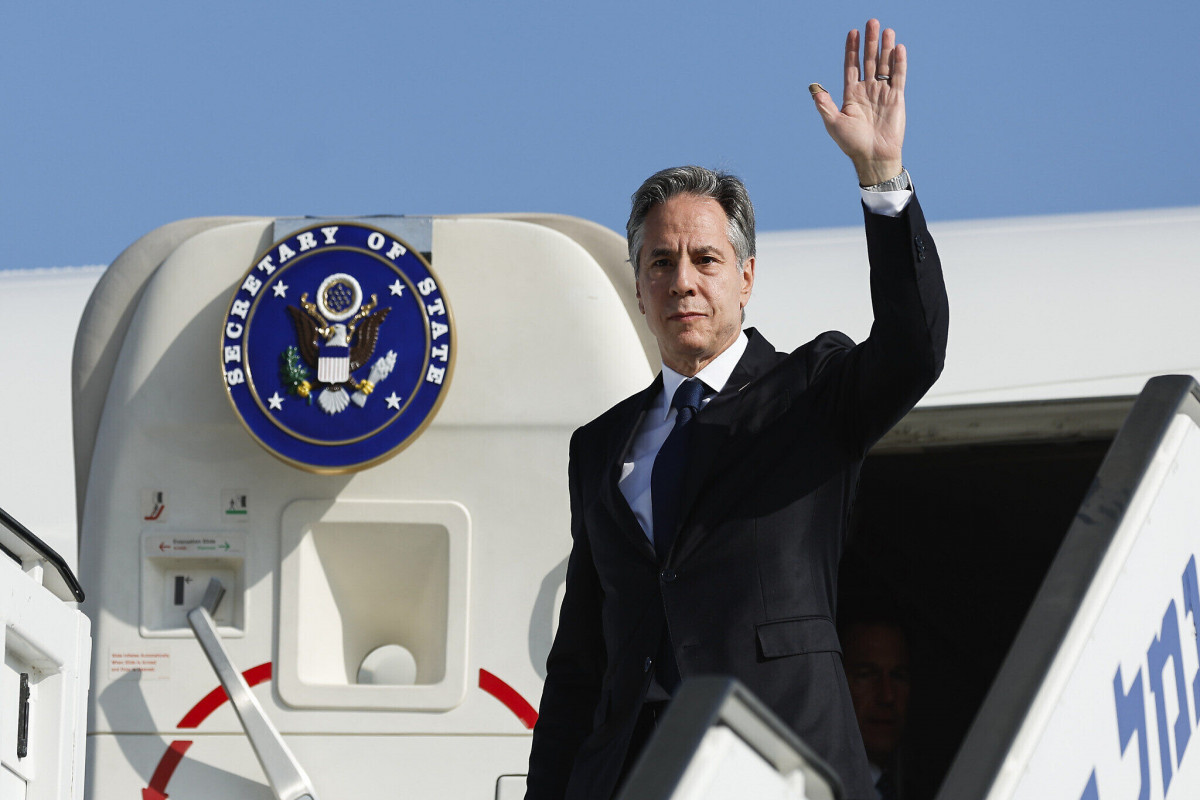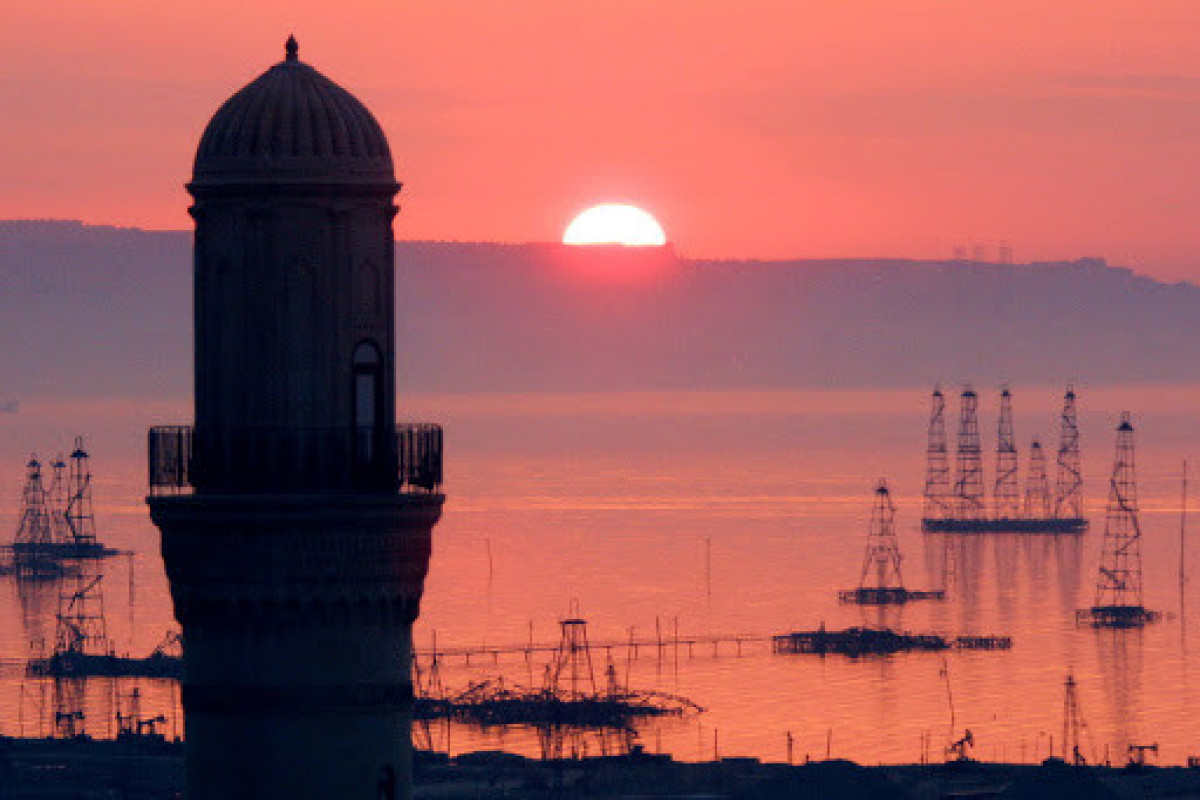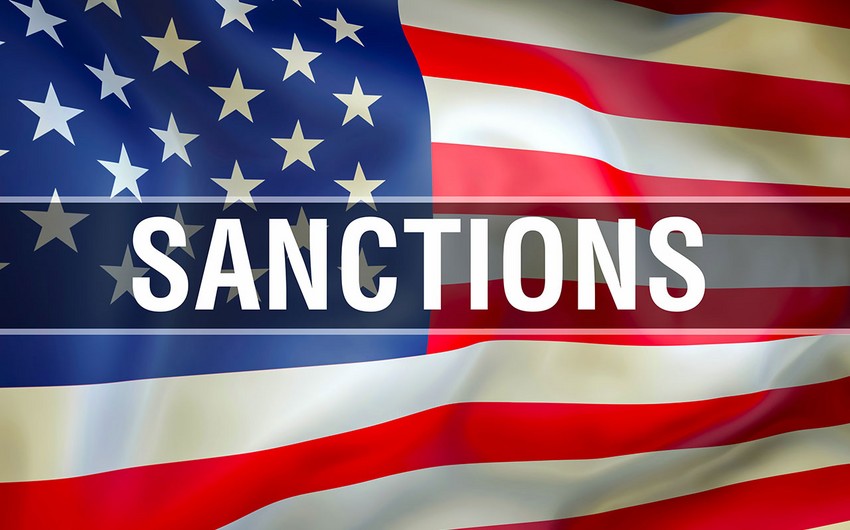Rafiqullah Dawoodzai says his fields were too dry to sow crops this year, the first time he has skipped a growing season in more than 40 years. The 60 acres he farms lie along the banks of Afghanistan’s Helmand River, but the country lacks the infrastructure to use its waters for large-scale irrigation.
Severe drought across much of Afghanistan is spurring plans to build new dams to help farmers such as Dawoodzai. It is also aggravating tensions with Iran over supplies from the Helmand – a decades-old dispute that has fed accusations that Tehran is helping the Taliban insurgency.
“We can see the Helmand River water, we can even go touch it, but we can’t bring it’s water to our farmlands,” said Dawoodzai, who grows wheat and lentils in the southern province of Helmand. “It is frustrating for every farmer to see large amounts of Helmand River water flowing into Iran.”
Afghan officials say their country, which has one of the lowest levels of water storage capacity in the world, needs the extra dams to feed its agriculture sector, the mainstay of the $20 billion economy, which has been brutally hit by drought.
With drought prevailing across the region and protests against water shortages rocking Iran, Afghanistan’s announcement in April that it would press ahead with plans for new dams and reservoirs prompted objections from the Tehran government, which fears its supplies will be cut.
The row underscores the growing strategic importance of water across the world. Water disputes have become common in South and Central Asia and elsewhere. Earlier this year, the Taliban threatened to overrun Afghanistan’s western province of Farah, on the border with Iran, drawing angry warnings from local politicians that Tehran was using the insurgents to fight a proxy war over water.
“Iran is supporting the Taliban to disrupt developmental projects in Afghanistan, including water dams,” said Gul Nabi Ahmadzai, the former Afghan border police chief. “They benefit from keeping Afghanistan unstable and want to control our resources,” he said. Iranian diplomats in Kabul declined to comment. Tehran has repeatedly denied helping the Taliban. “The dialogue between the two governments for resolving water issues is being pursued through diplomatic channels and linking this issue with Afghanistan’s internal issues has no logical, accurate or rational basis,” Iranian foreign ministry spokesman Bahram Qassemi said in May, after the Farah attacks, according to a report from the Iranian Students’ News Agency.
Erratic supplies
Afghanistan, a country where nearly 20 million people rely on farming, has seen a 45 per cent fall in agricultural output this year as the drought has bitten, officials at the ministry of agriculture said. “We have to protect the national interest,” said Fahimullah Ziaee, who until June served as the country’s junior minister for irrigation and natural resources, and who participated in talks with Iran earlier this year. “We cannot be dictated to by any country on how to protect our natural resources.”
Tehran had already voiced concern that the huge Indian-financed Salma Dam in western Herat province, inaugurated in 2016, would see its water supplies reduced. Recent meetings with Afghan officials over plans for additional dams have re-ignited the issue, according to two senior Iranian officials, one based in Tehran and the second in Kabul. Plans to improve Afghanistan’s water storage capacity have been on the drawing board for decades but now the government is actively seeking aid from international donors to build two dams and increase the height of existing dams.
At the centre of the dispute is the Helmand river, which runs through much of Afghanistan from its source in the mountains north of Kabul, feeding the Sistan wetlands in the border regions of the two countries. Water from the Helmand River is in principle shared under a 1973 treaty, which assigned Iran 820 million cubic metres of water a year. But with Afghanistan at war for the past 40 years the supply has been erratic. “It is not like we are forcing Afghanistan to give us water,” said a senior official in Tehran working in the irrigation department. “They have to honour the water sharing agreement and seek our consent to prevent environmental damage caused by their dams.”
Donors such as India, which has expressed interest in investing on two dams in central Afghanistan, must consult Iran before supporting large dam building projects, which critics say cause severe environmental damage both down and upstream, the official said. A senior Indian diplomat in Kabul said it planned to construct dams in Afghanistan, but would not intervene in a bilateral water dispute between Tehran and Kabul.
“Afghanistan’s government wants us to help them build dams, we will go ahead with the plans. We don’t see the need to secure Iran’s permission for such projects,” said the Indian official. Iranian diplomats in Afghanistan declined to comment on the water dispute. Afghan officials say a lack of dams on their side of the border has made it impossible to control the run-off into Iran, which they say has received well above its allotted share of water.
Irrigation ministry officials in Kabul said that last year Iran received more than 3 billion cubic metres, at a time when the effects of drought, which now afflicts 20 of Afghanistan’s 34 provinces, were already starting to be felt.
However reaching agreement is made more difficult by the fact that the Dehravud gauging station on the Kajaki dam, the point agreed in the 1973 treaty for measuring the annual flow, is currently under Taliban control and no official has been able to visit since 2015. “We want to resolve a dispute with Iran but there are some security issues, our country is under tremendous stress and Iran must understand,” said Naseer Ahmad Durrani, deputy minister for agriculture, irrigation and livestock.

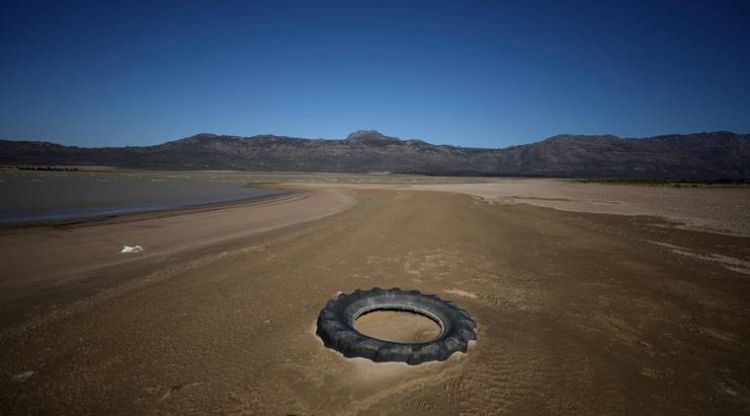

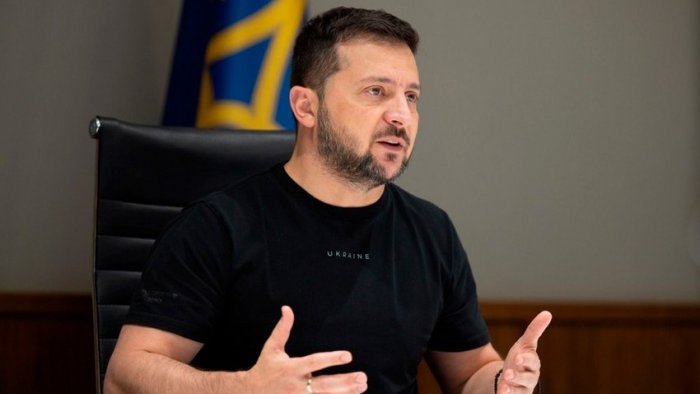
.jpg)
